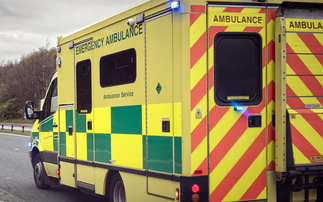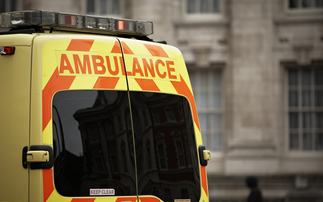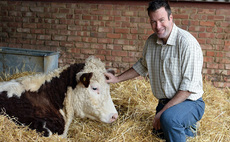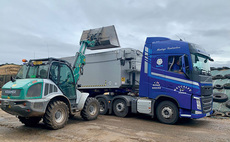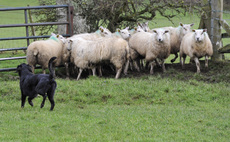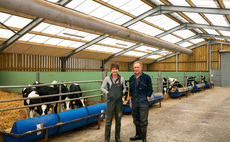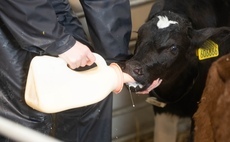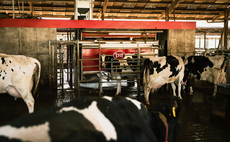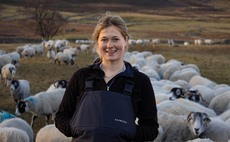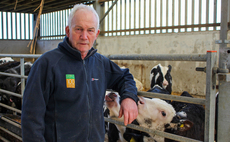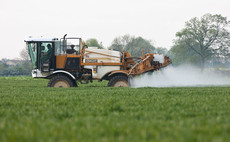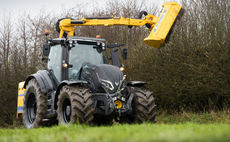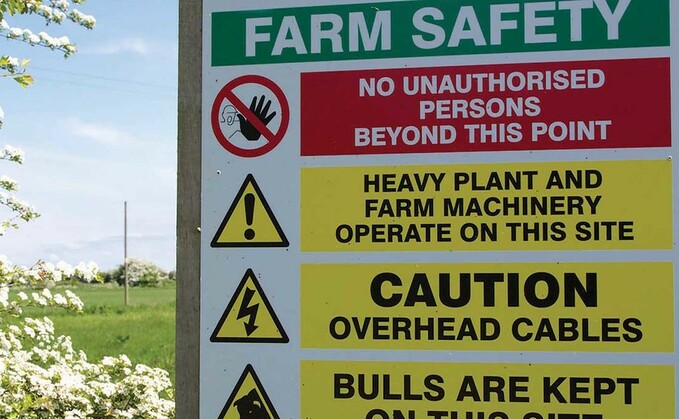
Reducing risk is key to preventing accidents on farm
We know that farming is one of the most dangerous industries to work in, and according to the Health and Safety Executive (HSE), agriculture accounts for one in five workplace fatalities.
There are various factors that could cause an accident - farm animals and livestock, heavy machinery and equipment, falls from height, a slip, trip or fall, manual handling, being struck by a falling object or moving vehicle or inhalation of slurry gasses for example.
A farm owner's liability for accidents and injuries
As employers, farmers have a duty of care to try and protect any employees while they are working. Employers must take care to ensure work is carried out in a safe manner and that equipment is properly maintained and in good working order. If an employer fails to do this, then the consequences could be tragic.
What to do if an accident does happen
If the worst happens and your employee is seriously injured whilst working on your farm, then you should make a Report of Injuries, Diseases and Dangerous Occurrences Regulations document to be sent to the Health and Safety Executive and inform your insurance company about what has happened. You may also need to take legal advice, as your employee may make a personal injury claim.
You will want to carry out your own investigation into what happened and how a similar accident could be prevented in the future.
How to stop accidents occurring
Carrying out risk assessments is key to identifying any risks arising from work related tasks, and introduce methods to remove or reduce that risk. Risk assessments should be prepared that relate to the overall operating of the farm and to specific tasks and work processes that are carried out.
You should discourage short cuts and train employees in the best way of carrying out any particular task. This also includes making sure that the drivers of farm vehicles such as tractors are not only trained, but also qualified in driving the vehicle. Employees should also be provided with appropriate personal protective equipment relevant to the tasks they are to be involved in.
It is often the case that farm equipment and machinery has been used for many years without being properly maintained. Safety features may have been removed, corners are sometimes cut, and dangerous practices used. Employers should make sure that all farm machinery, equipment and vehicles are maintained properly.
Farm animals and livestock should be properly cared for, being provided with a suitable environment to live in, which in turn makes them safer to handle.
In addition, any harmful chemicals should be stored correctly and safely including labelling them appropriately, the workplace should be kept clean, tidy and well-organised to avoid tripping and slipping accidents and emergency drills should be conducted to help prepare for potential accidents, like workplace fires or chemical spills.
Overall, promoting a strong safety culture in the workplace with positive reinforcement and reward for employees committing themselves to safety practices is one of the best things an employer can do to avoid accidents and injuries from occurring.








